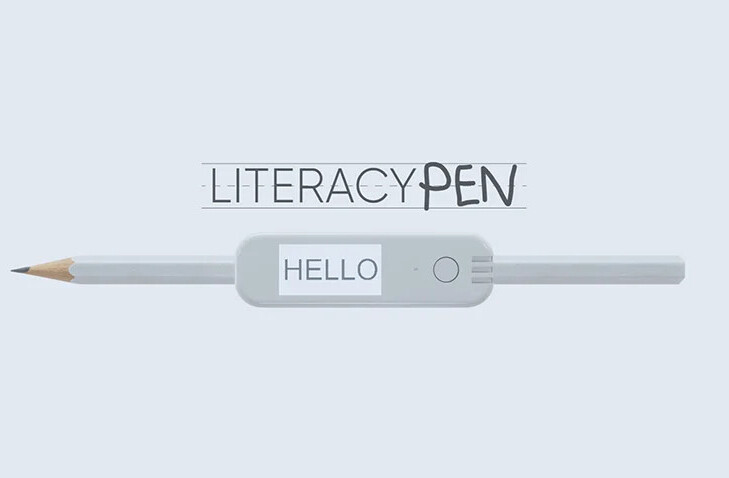
The US will levy trade tariffs on China this week designed to target “largely high-technology products.” In retaliation for the taxation, China announced it would raise duties on 128 US imports. Begun, the trade wars have.
President Trump, over Easter weekend, let loose on Twitter with his usual barrage of attacks. Jeff Bezos, Amazon, and The Washington Post took a moderate amount of vitriol, as did other usual suspects like immigrants and journalists. And he spent a significant amount of his time over the holiday tweeting about the border wall. But what he didn’t talk about, at least not on social media, was China.
Perhaps blatantly breaking a deal with another country isn’t something the president wants to discuss with the public at-large.
Last year the US exported 15 percent more products to China than it did in 2016. And on the other side, China’s exports to the US grew by only 8.8 percent year-over-year. This means Trump is effectively reneging on a trade agreement that was slowly closing the trade gap between the two nations, presumably out of impatience.
In an online statement China’s Ministry of Commerce lamented the lack of effort on Trump’s part to resolve this matter through The World Trade Organization, which both countries are members of:
On March 26, the Chinese side submitted a trade compensation consultation request to the United States in accordance with the “Agreement on Safeguards”, and the United States refused to reply. In view of the lack of agreement between the two sides, on March 29, China informed the WTO of the suspension of the concession list and decided to impose tariffs on certain products imported from the United States in order to balance the benefits of the US 232 measures against the Chinese.
So what does the US stand to gain from going after China’s “largely high-technology products” with trade tariffs? And what are the potential consequences for Trump’s total disregard for agreements China entered into with the US in good faith?
Normally we’d ask the White House’s top science and technology adviser for the answer to questions like that. Unfortunately no such person exists. The Trump administration is, we assume, operating off of recommendations from the severely depleted staff of the nation’s Office of Science and Technology Policy, an office that currently has no leadership.
This means there’s nobody in The White House to explain that taxing China in disregard of trade agreements won’t stop it from reaping the rewards of capitalism.
China’s wooed America’s biggest companies into doing business in Bejing. While at the same time it offers Chinese technology companies something no other nation can: unlimited and legally enforced access to the personal data of billions of people.
In China a near total-surveillance state is rising, and while that’s bad for freedom it is fantastic for AI. The more data researchers have access to, the faster they can develop AI. The Chinese government insists it will be the world’s AI leader by 2025, and that could mean bad news for any country without a plan to keep up.
In the US, the focus on protectionism may very well be setting us up for a cataclysmic technology setback. Research and development roles go unfilled in the US due to a lack of quality applicants, and closing our borders to foreigners and fair trade is only going to slow the development of crucial technologies like artificial intelligence.
And everyone from Vladmir Putin to Elon Musk have said whoever has the most advanced AI will control the future. Both China and Russia have government programs which invest heavily in technology, while the US depends on the free market for most technology funding.
Worse, while Trump wages an all out war on everything Jeff Bezos, Amazon and other US technology giants such as Apple and Google continue to build infrastructure and long-term business relationships in China.
The White House should seriously consider filling the role of top science and technology officer sooner rather than later. Eventually we’ll need a plan to deal with China’s AI program.
Because, while the US remains divided trying to debate whether spending billions of dollars on a border wall will serve any actual purpose, one thing’s for sure: it won’t keep algorithms out. And AI poses a much greater threat than Trump’s “bad hombres.”
The Next Web’s 2018 conference is just a couple months away, and it’ll be ??. Find out all about our tracks here.
Get the TNW newsletter
Get the most important tech news in your inbox each week.




